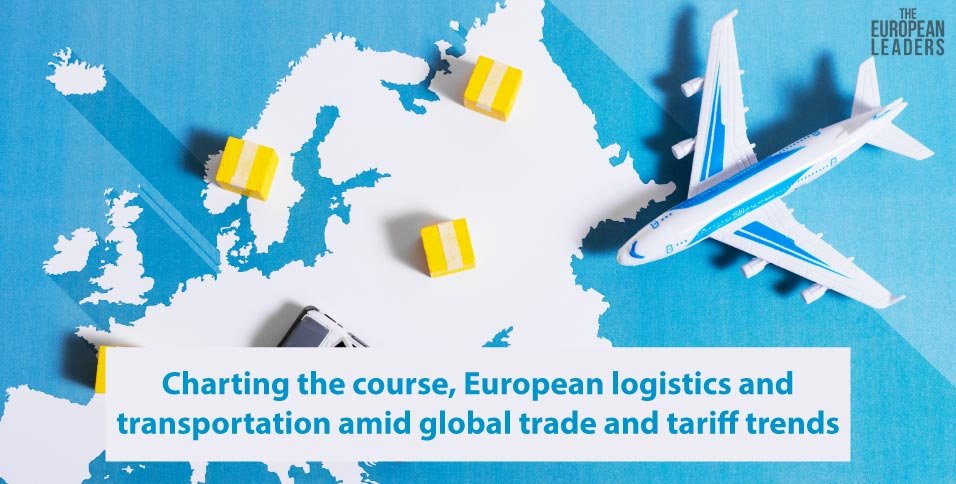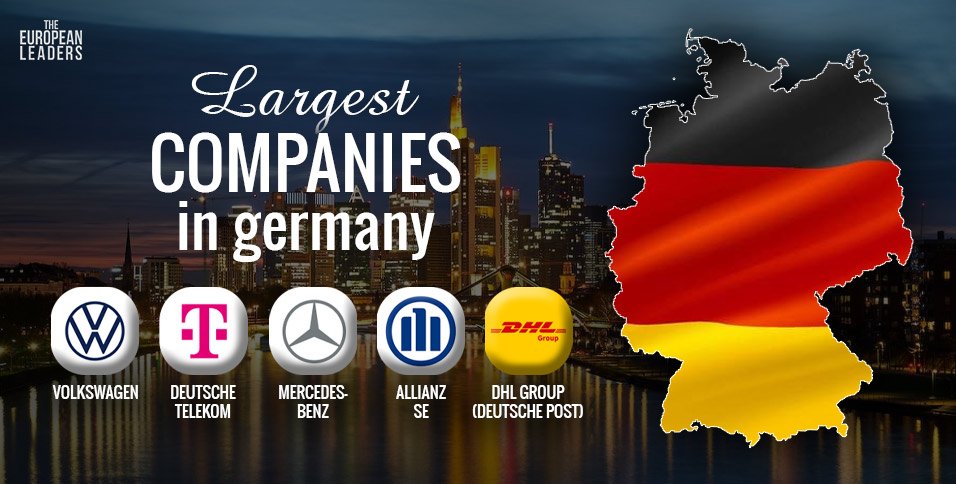The European logistics and transportation sector stands at a crossroads, its future intricately intertwined with the ever-shifting currents of global trade and tariff dynamics. In this article, we’ll delve into the latest trends affecting this vital industry, shedding light on the strategies employed by key players to navigate these choppy waters. From the impact of tariffs to the surge in e-commerce and sustainability initiatives, European logistics companies are not only adapting but thriving. Here, we’ll explore the journeys of some industry giants.
As a global shipping powerhouse, Maersk is accustomed to navigating the turbulent seas of international trade. In Europe, it plays a pivotal role in ensuring the smooth flow of goods across borders. Maersk’s ability to adapt its routes and optimize its services has been instrumental in mitigating the disruptions caused by Brexit and ongoing tariff disputes. Another such example is DPD and Hermes. The surge in e-commerce has reshaped the logistics landscape, and DPD Group and Hermes have risen to the occasion. These companies have invested heavily in expanding their delivery networks and adopting cutting-edge technologies. By providing seamless cross-border e-commerce solutions, they are meeting the skyrocketing demand for international online shopping.
Tariff wars have been a persistent challenge for European logistics. Companies like DHL and FedEx, global logistics leaders, play a critical role in helping businesses navigate the complexities of tariffs, customs compliance, and international paperwork. Their expertise in managing cross-border logistics has become indispensable in this environment.
With sustainability taking center stage, logistics giants like Deutsche Post DHL Group and DB Schenker are pioneers in adopting eco-conscious practices. They are investing in electric and low-emission delivery vehicles and optimizing their routes to reduce environmental impact. As sustainability becomes a driving force in transportation, these companies are setting the standard for responsible logistics.
The digital transformation of logistics and transportation is in full swing, thanks to companies like Kuehne+Nagel and GEODIS. These industry leaders are leveraging blockchain technology to create transparent and secure systems for tracking goods. By streamlining customs processes and reducing paperwork, they are making international trade more efficient and reliable.
In the dynamic world of European logistics and transportation, global trade and tariff trends are shaping the industry’s trajectory. The companies highlighted here not only adapt but also lead the charge in innovation, sustainability, and efficiency. As Europe continues to be a critical trade hub, these logistics and transportation giants will remain at the forefront, connecting the continent with the world and steering the industry towards a promising future.
ALSO READ: Electrifying Europe through power purchase agreements








